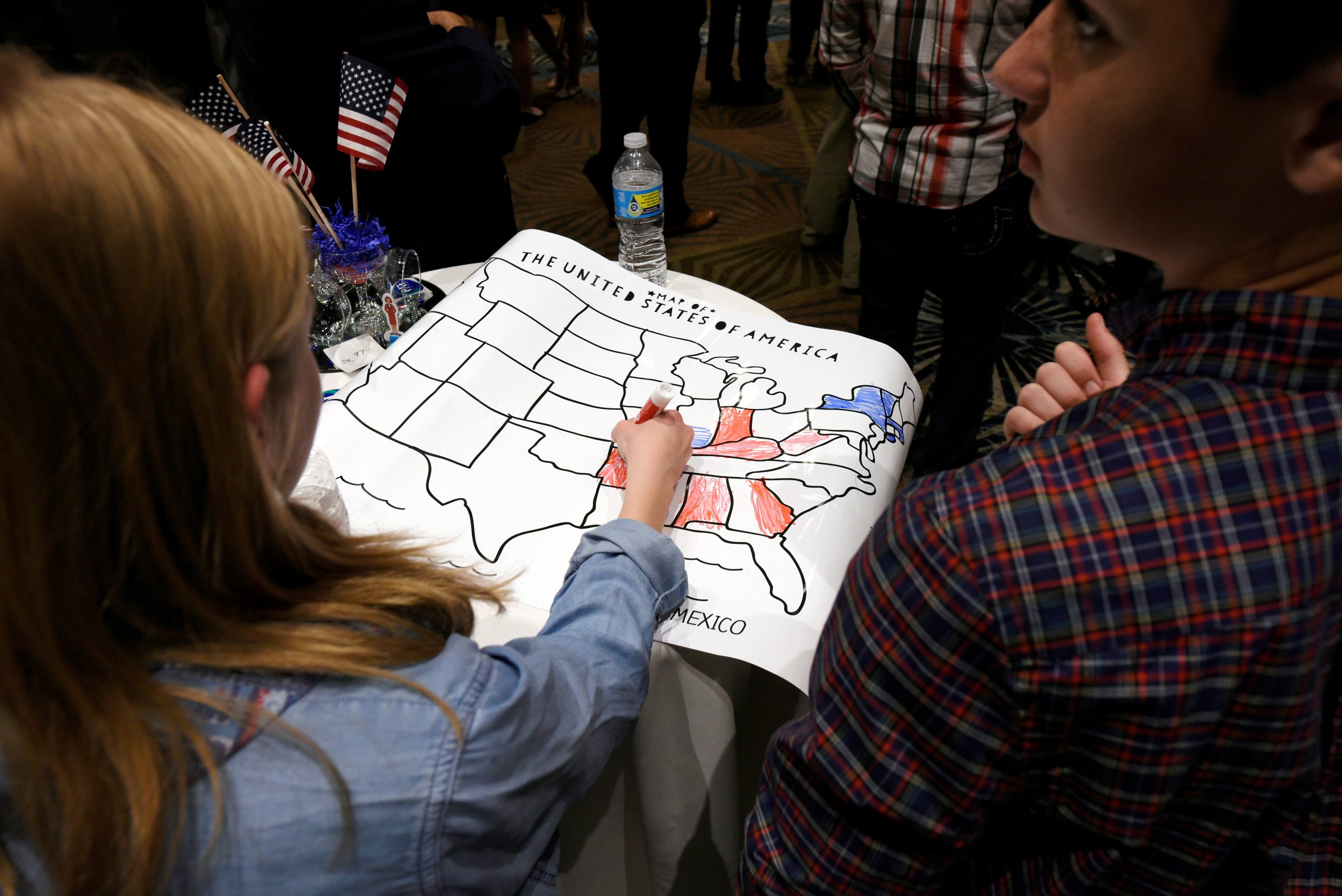
[elfsight_social_share_buttons id=”1″]
North Carolina’s highest court on Friday ruled that state law does not bar lawmakers from drawing congressional and state legislative lines for partisan benefit, boosting Republicans’ odds next year of maintaining their narrow majority in the U.S. House of Representatives.
The decision threw out the court’s previous decision, issued barely more than a year ago when liberal judges controlled the court, that had found partisan gerrymandering violated the state constitution.
That ruling had thrown out a Republican-drawn congressional map that would likely have secured them 11 of the state’s 14 seats. Instead, Republicans and Democrats split the seats evenly in November under a court-approved map.
In the same election, Republicans flipped two Democratic seats on the North Carolina Supreme Court, securing a 5-2 conservative majority. In January, the new majority agreed to rehear the redistricting case at the request of Republican lawmakers, an extraordinarily rare move in the court’s history.
Friday’s ruling along party lines likely clears the way for the Republican-controlled legislature to craft new maps for the 2024 elections, which could net them as many as four additional seats. Republicans control the U.S. House with 222 seats, compared to 213 for Democrats.
In a 146-page opinion, Chief Justice Paul Newby noted that the U.S. Supreme Court had similarly found that federal courts have no jurisdiction to address partisan gerrymandering.
“Our constitution expressly assigns the redistricting authority to the General Assembly subject to explicit limitations in the text,” Newby wrote for the majority. “Those limitations do not address partisan gerrymandering.”
In a scathing dissent, Justice Anita Earls, a Democrat, accused the court’s conservatives of pursuing their own political agenda at the expense of voters’ rights, calling it one of the court’s “darkest moments.”
“Today, the Court shows that its own will is more powerful than the voices of North Carolina’s voters,” she wrote.
Copyright 2023 Thomson/Reuters
